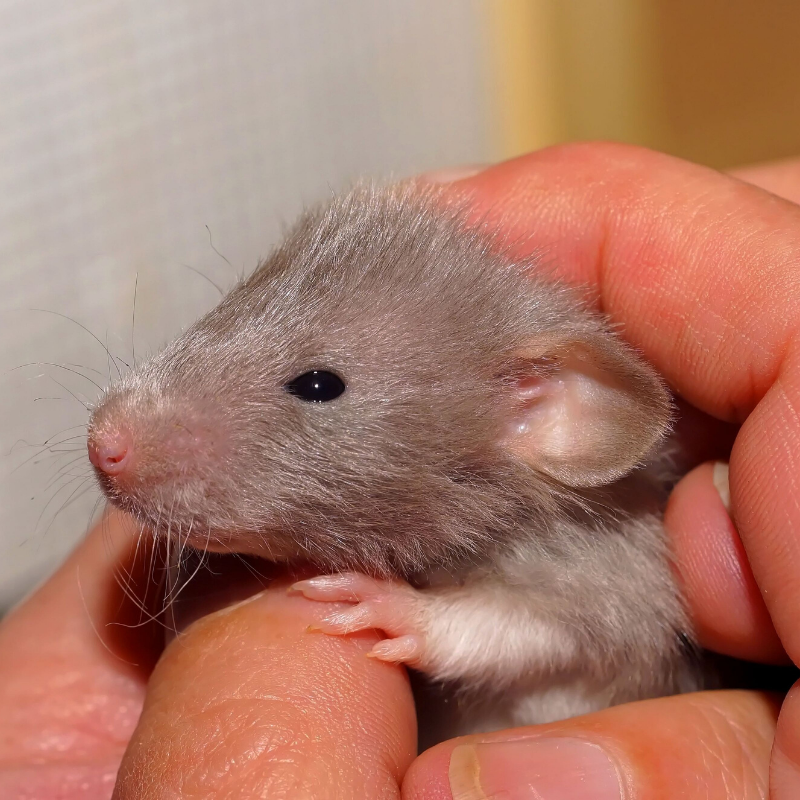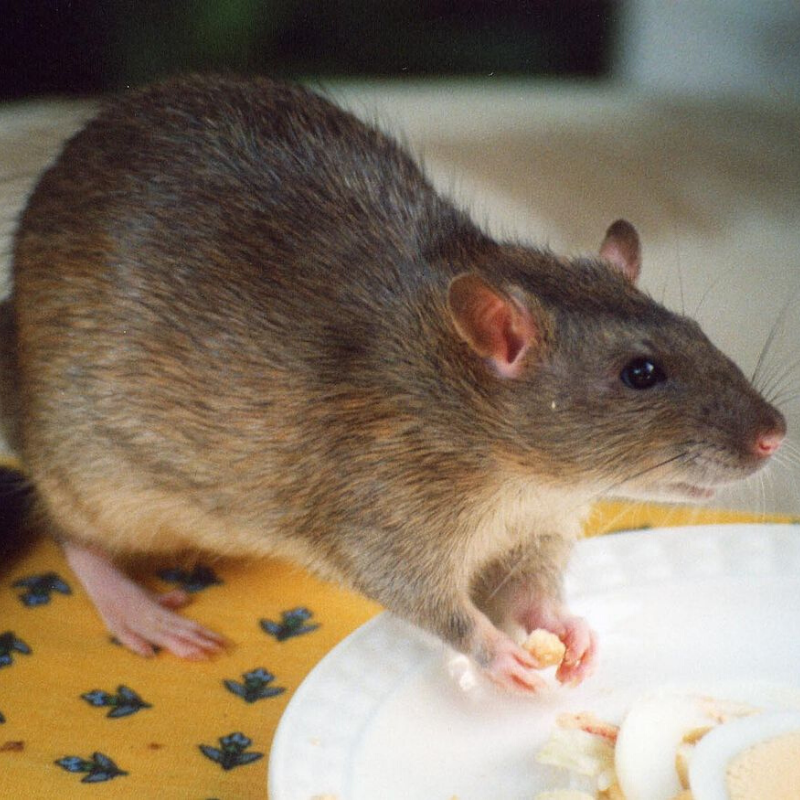When dealing with a pest the most important thing to understand is the way they live and what each stage of the life-cycle means. Knowing and understanding this will help you fight an infestation.
Rats are found all over the UK and tend to stay near areas with shelter, warmth, and a nearby food source which can make make them an issue in both urban and rural environments.
If you’re trying to eliminate a rat infestation first off you need to know about their social life. Adult rats are very social creatures that live together in packs. New packs form when a couple of rats go off together and find territory that’s not yet claimed by another rat pack. The leader of the pack is usually the largest male rat, however it’s not always the case and some packs can have several dominant leaders that can be male or female.
When a new pack is formed the male and female rat find a suitable area with access to shelter, food, and water, they will begin to build a home and reproduce. Before giving birth the soon-to-be mother rat will make a nest out of materials found in the area such as twigs, leaves, moss etc. or if they are in your home they may use stuffing from pillows, paper, chewed up fibres, or any rubbish they might forage from bins.
If a rat decides to make your property their home it can become a problem quite fast as a single rat can produce up to 2,000 babies a year! Sometimes one litter can contain up to 22 babies, however on average rats tend to have between 7 – 10 babies at a time.
Newborn rats, otherwise known as “pinkies”, are born with their eyes closed, ears folded down against their head, and no fur. This is their most vulnerable stage in the life-cycle and they rely on their mother rat
After around 10 – 15 days the “pinkies” will start to develop fur, their eyes will open, and their ears are now unfolded. At this stage they’re known as “pups” or “kits”. This is also the point in their life where they start learning key life skills to help them as adults.
Rats become fully mature at around 3 months of age and can live up to 3 years, although most wild rats will die within 1 year due to the high risk of injury and illness.
If you notice rats on your property, whether you’re a commercial business, industrial business, farm, equine centre, or homeowner, we at APC Management can help! Contact us now for same or next day service.




